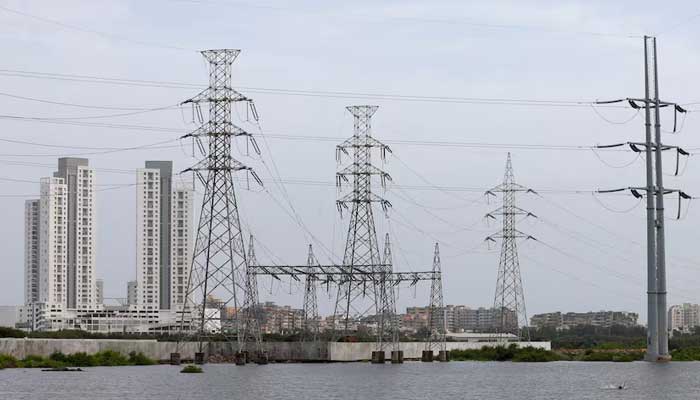The Pakistani government has successfully concluded negotiations with 14 independent power producers (IPPs) that operate on residual furnace oil (RFO), with a focus on reducing electricity generation costs. This move comes in response to Prime Minister Shehbaz Sharif’s recent directive aimed at improving energy efficiency and reducing soaring electricity prices across the country.
Government Targets Cost-Effective Energy Solutions
The Ministry of Energy has formed a task force to expedite talks with power plants using costly fuels like high-speed diesel (HSD), RFO, and re-gasified liquefied natural gas (RLNG). This step follows the issuance of a revised merit order by the National Transmission and Dispatch Company (NTDC), which helps identify plants with high fuel costs and sets the stage for negotiations to reduce generation prices.
Among the power plants, Halmore Power stands out with the highest generation cost, producing electricity at Rs61.23 per kWh using HSD. In stark contrast, Uch Power, which utilizes natural gas, boasts the lowest generation cost at Rs3.11 per kWh, underscoring the potential for significant savings if less expensive fuels are used.
High-Cost Power Plants Under Scrutiny
In the wake of the negotiations, several power plants generating electricity at exorbitant rates are being scrutinized. Plants such as Saif Power and Sapphire Electric, both operating on HSD, produce electricity at Rs60.8 and Rs60.2 per kWh, respectively. These high-generation costs are placing a strain on the country’s power sector and consumer bills.
Other power producers like Engro PowerGen (HSD, Rs55.2 per kWh), NPPMC Baloki (CC) (HSD, Rs53.2 per kWh), and Muzaffargarh B-III (RFO, Rs50.8 per kWh) are also among the costly power generation plants identified by the government for talks aimed at reducing fuel consumption and lowering power generation prices.
Strategic Negotiations for Cost Reductions
In the government’s revised strategy, plants operating on expensive fuel sources such as Muzaffargarh B-I (RFO) and Jamshoro B-II (RLNG and RFO) are being urged to lower their production costs. For example, Muzaffargarh B-I (Unit-1) operates at a cost of Rs47.5 per kWh, while Jamshoro B-II (Unit-4) generates power at Rs41.5 per kWh. The government has instructed the task force to negotiate with these plants to align generation costs with more efficient, lower-cost plants.
Other plants, such as PakGen Power (RFO, Rs36.2 per kWh) and Lalpir (RFO, Rs35.8 per kWh), also face significant cost reductions through ongoing discussions with the Ministry of Energy.
Focus on Fuel Efficiency and Power Sector Reform
The government aims to make Pakistan’s power generation more cost-efficient by reducing reliance on costly fuels and boosting the use of natural gas and other cost-effective energy sources. As part of this initiative, plants like Rousch (RLNG, Rs28.8 per kWh) and FKPCPL (RLNG, Rs31.4 per kWh) are viewed as more cost-efficient options in the broader energy landscape.
Prime Minister Shehbaz Sharif has emphasized that reducing power generation costs is crucial not only for lowering electricity prices but also for improving the overall efficiency of the energy sector, which has faced challenges related to high tariffs and inefficient operations.
Path Forward: Improving Energy Sector Efficiency
With the recent negotiations, the government is hopeful that it can bring about a significant reduction in the cost of electricity generation, ensuring that the financial burden on consumers is alleviated. The successful renegotiation with 14 IPPs is a step toward achieving energy sector reforms and enhancing the country’s energy security.
The task force, led by the Ministry of Energy, will continue its work to engage with other IPPs operating on high-cost fuels, with the goal of restructuring power generation costs. By enhancing energy efficiency and reducing dependency on expensive fuel sources, Pakistan is taking significant strides toward stabilizing its energy market and creating a more sustainable future for its citizens.
Conclusion
The ongoing negotiations with IPPs are expected to lead to substantial savings for the country. By addressing costly fuel-based power plants and improving the merit order for power distribution, Pakistan is setting the stage for a more efficient and affordable energy sector. With continued efforts to reduce electricity prices and increase energy sector reforms, the government is determined to improve the quality of life for millions of Pakistanis while fostering a more sustainable energy future.



Comments (0)
No comments yet. Be the first to comment!
Leave a Comment